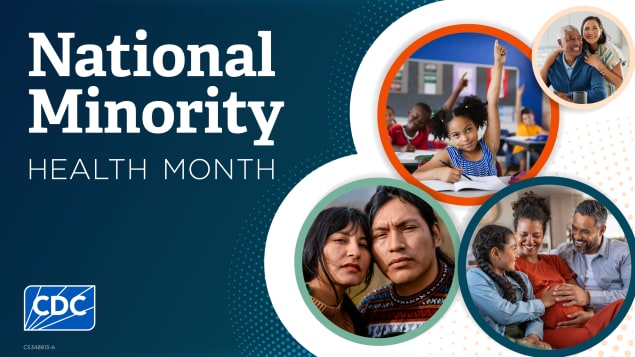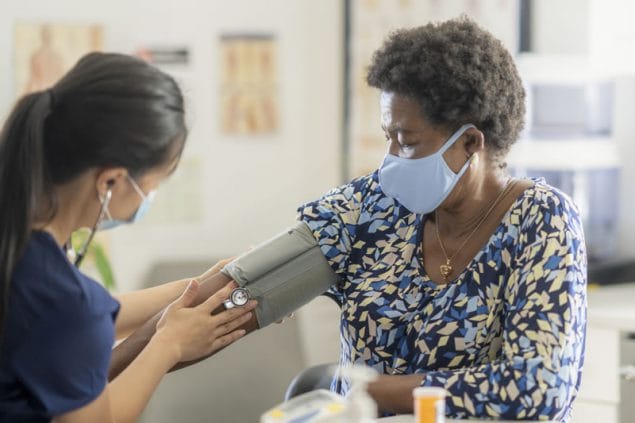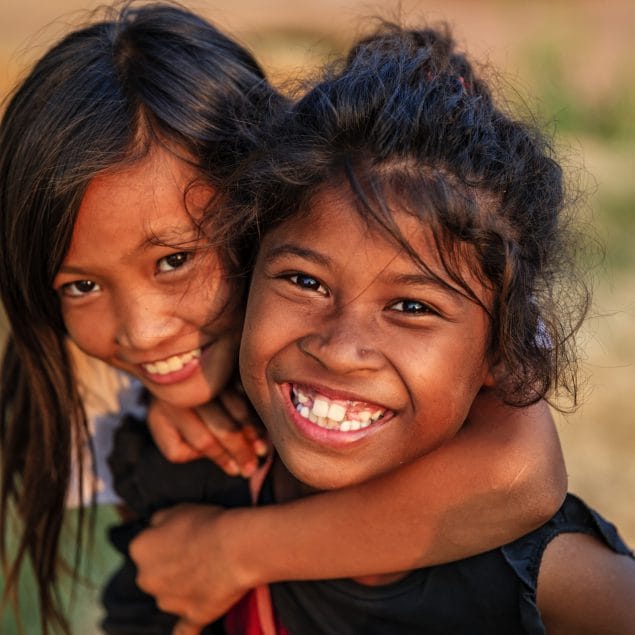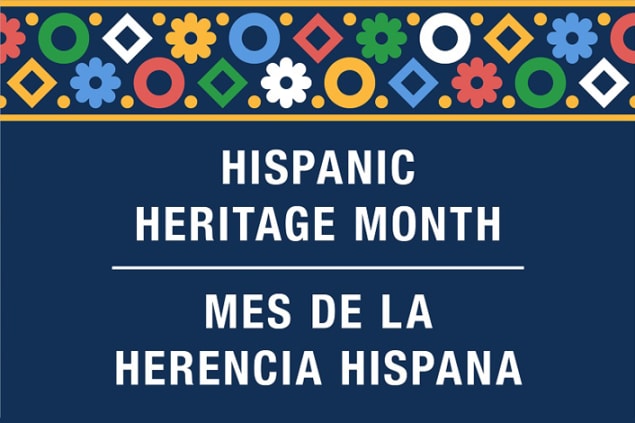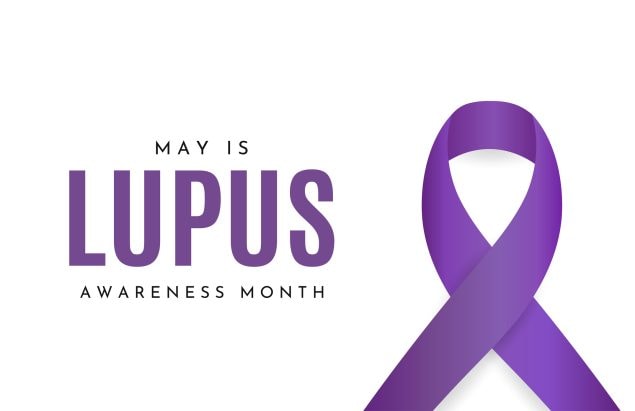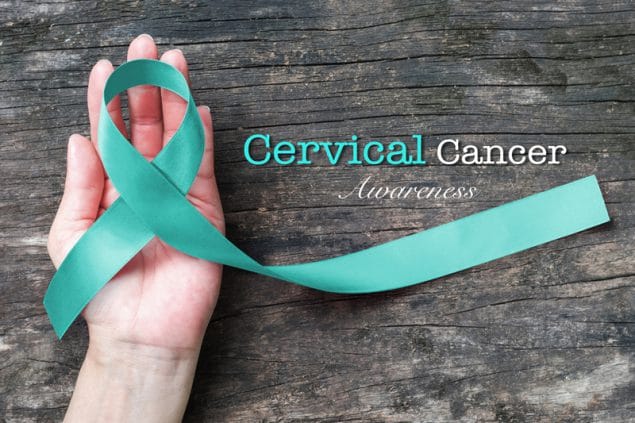Minority Health and Health Equity Features
This April, celebrate National Minority Health Month (NMHM) by being the source of better health. NMHM is a time to raise awareness of the importance of improving the health of people in racial and ethnic minority communities.
Black Maternal Health Week is recognized each year from April 11-17 to bring attention and action in improving Black maternal health. Everyone can play a role in working to prevent pregnancy-related deaths and improving maternal health outcomes.
Learn about heart disease and women and what you can do to keep a healthy heart.
El término enfermedades cardiacas se refiere a varios tipos de afecciones del corazón, como arteriopatía coronaria y ataque al corazón.
Many girls around the world face challenges to their health and well-being. In many places, girls are disadvantaged by discrimination rooted in cultural beliefs and ideas about gender.
Going to college can be an exciting time for women of all ages. It’s an opportunity to gain new knowledge and experiences, both inside and outside the classroom. Maintaining good mental and physical health are important to a successful college experience. Students and institutions can work together to ensure a safe and healthy college experience for all.
One of the greatest strengths of our country is its rich diversity. Each year, we celebrate National Hispanic Heritage Month from September 15 to October 15. During this month, we commemorate the diverse cultures and many contributions Hispanic or Latino people make to U.S. society.
Una de las mayores fortalezas de nuestro país es su rica diversidad. Cada año celebramos el Mes Nacional de la Herencia Hispana del 15 de septiembre al 15 de octubre. Durante este mes, conmemoramos las diversas culturas y muchas contribuciones que hacen las personas hispanas o latinas* a la sociedad en los Estados Unidos.
Each of us can find ways to celebrate Disability Pride Month and address barriers for people with disabilities in our own communities. Together, we can build disability inclusion as a cornerstone to achieving health equity for all!
National Minority Mental Health Awareness Month is observed each July to bring awareness to the challenges that some racial and ethnic minority groups face regarding mental health. Learn more about mental health and find ways to support mental health equity.
Some people call lupus an “invisible illness” because it is often not recognizable to others. CDC and partners are working to make lupus visible by raising awareness about this disease. Read on to learn more about lupus among women. Share this information in your community!
National Women’s Health Week starts each year on Mother’s Day to encourage women and girls to make their health a priority. Learn more about how to live a safer and healthier life.
An estimated 37.5 million women in the U.S. report having a disability.
Cervical cancer is the fourth most common cancer in women worldwide.
Women face diverse and unique health concerns across the lifespan which may affect their overall health and wellness.
